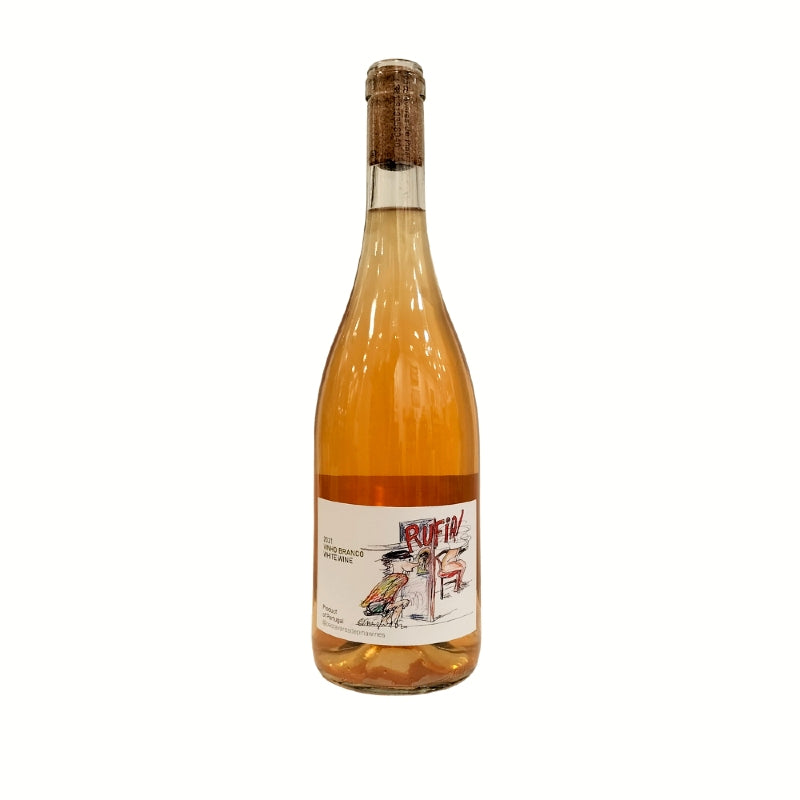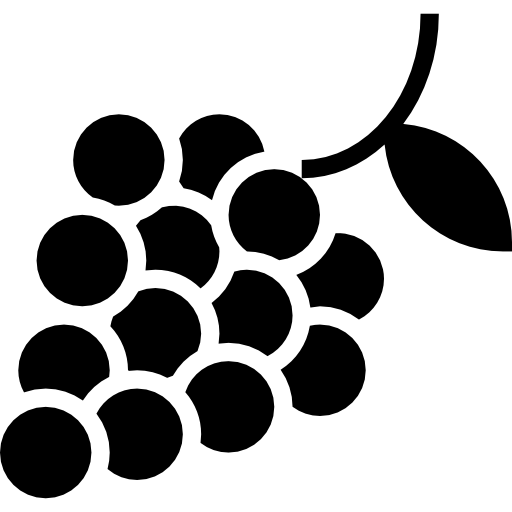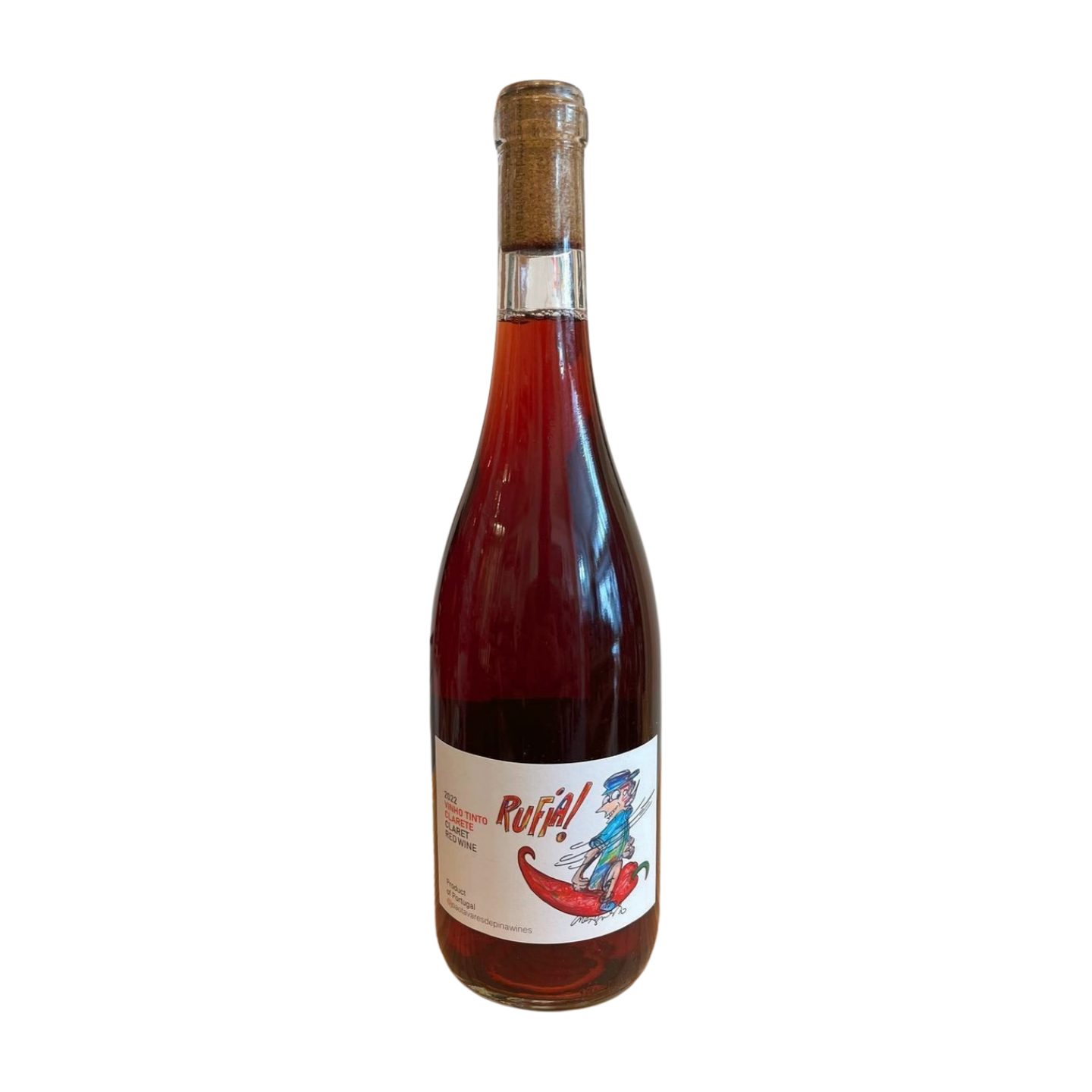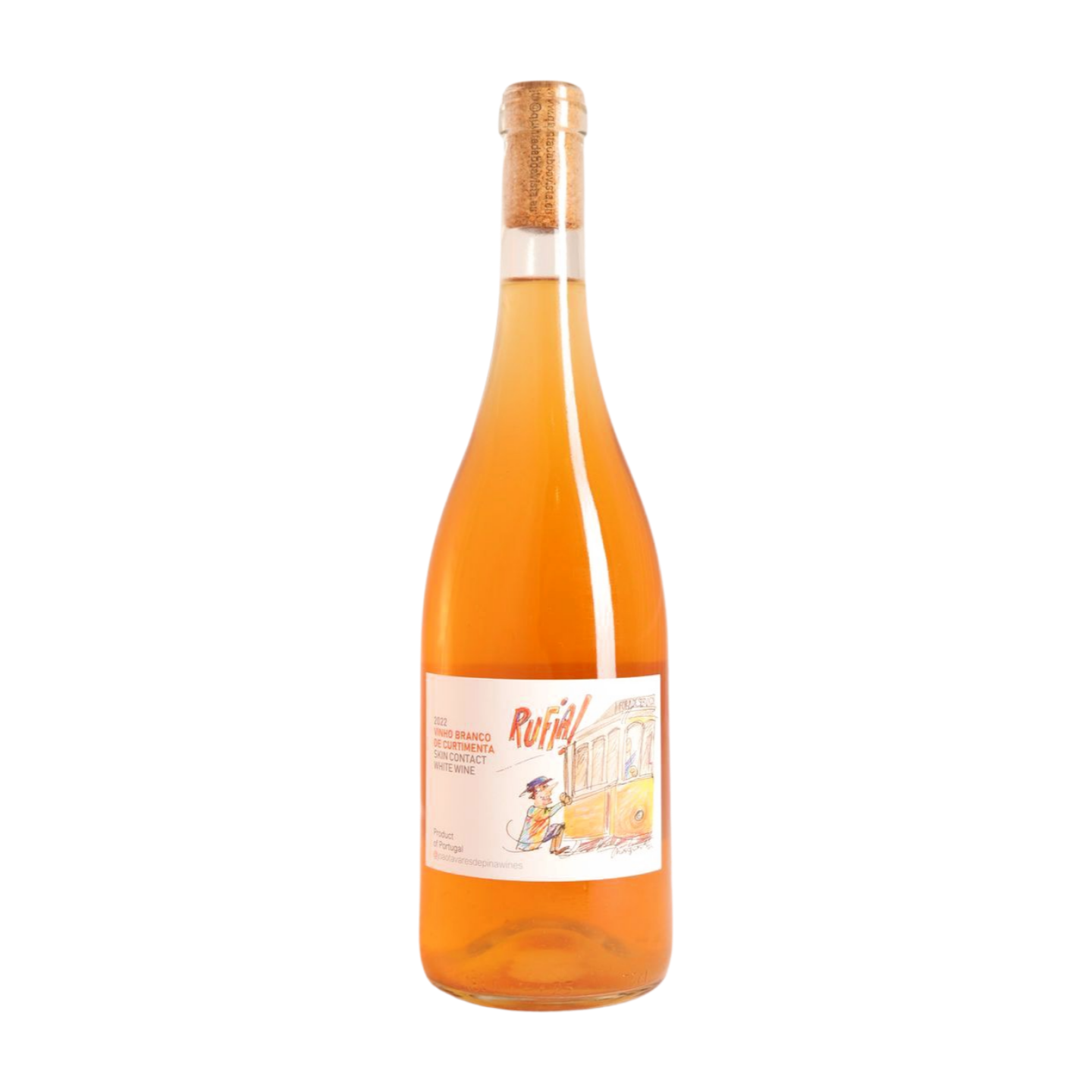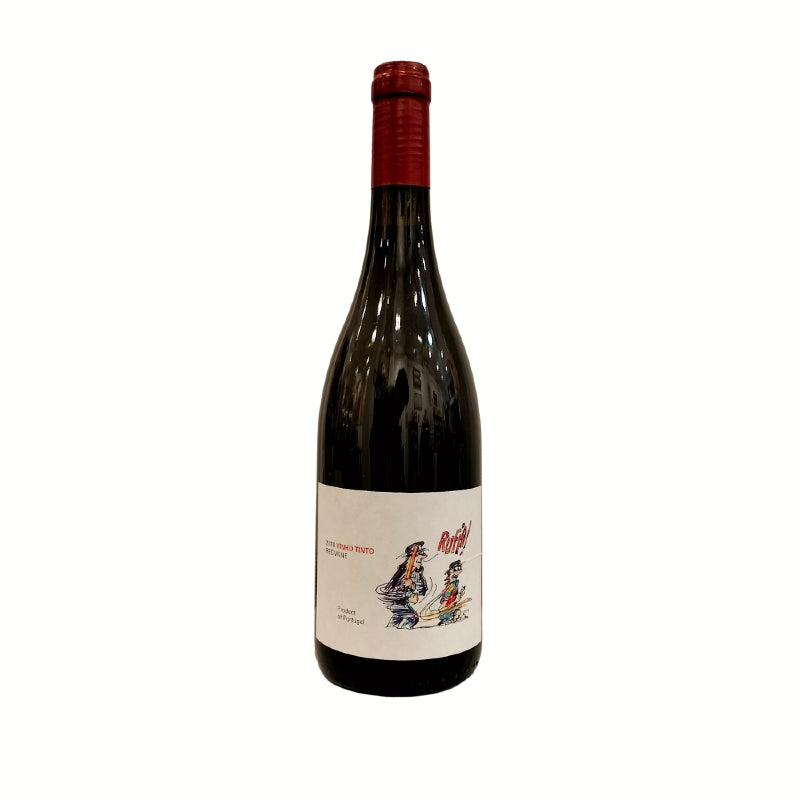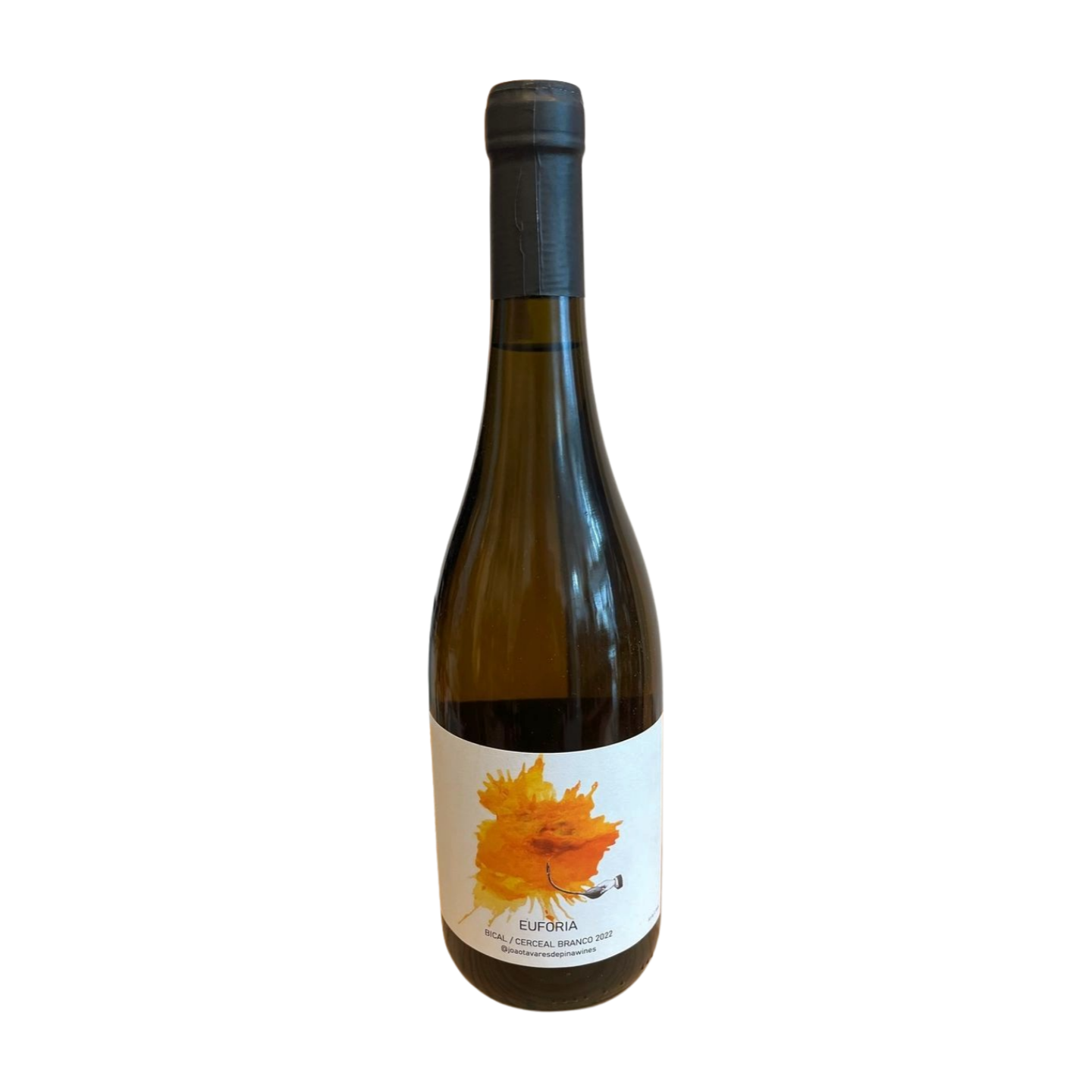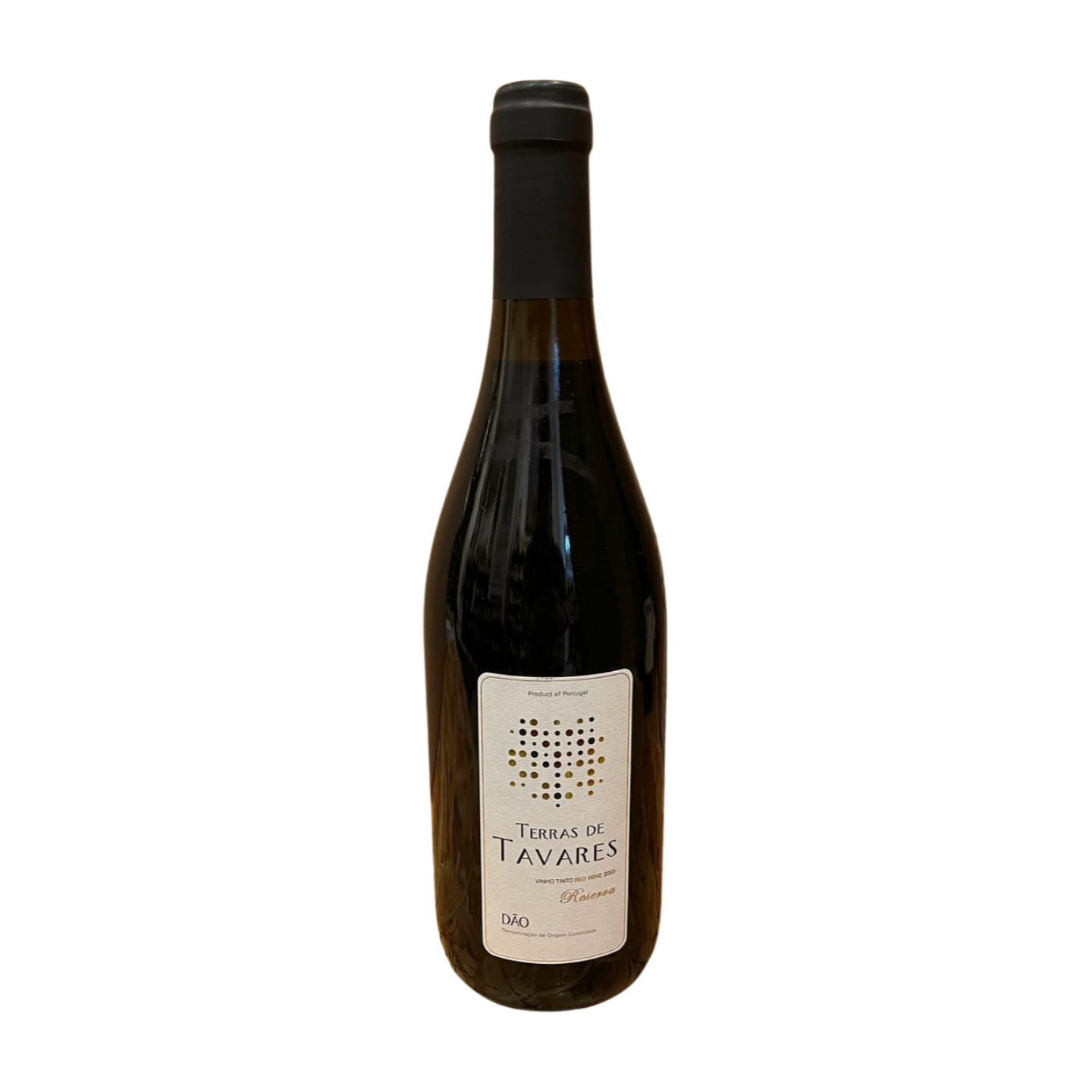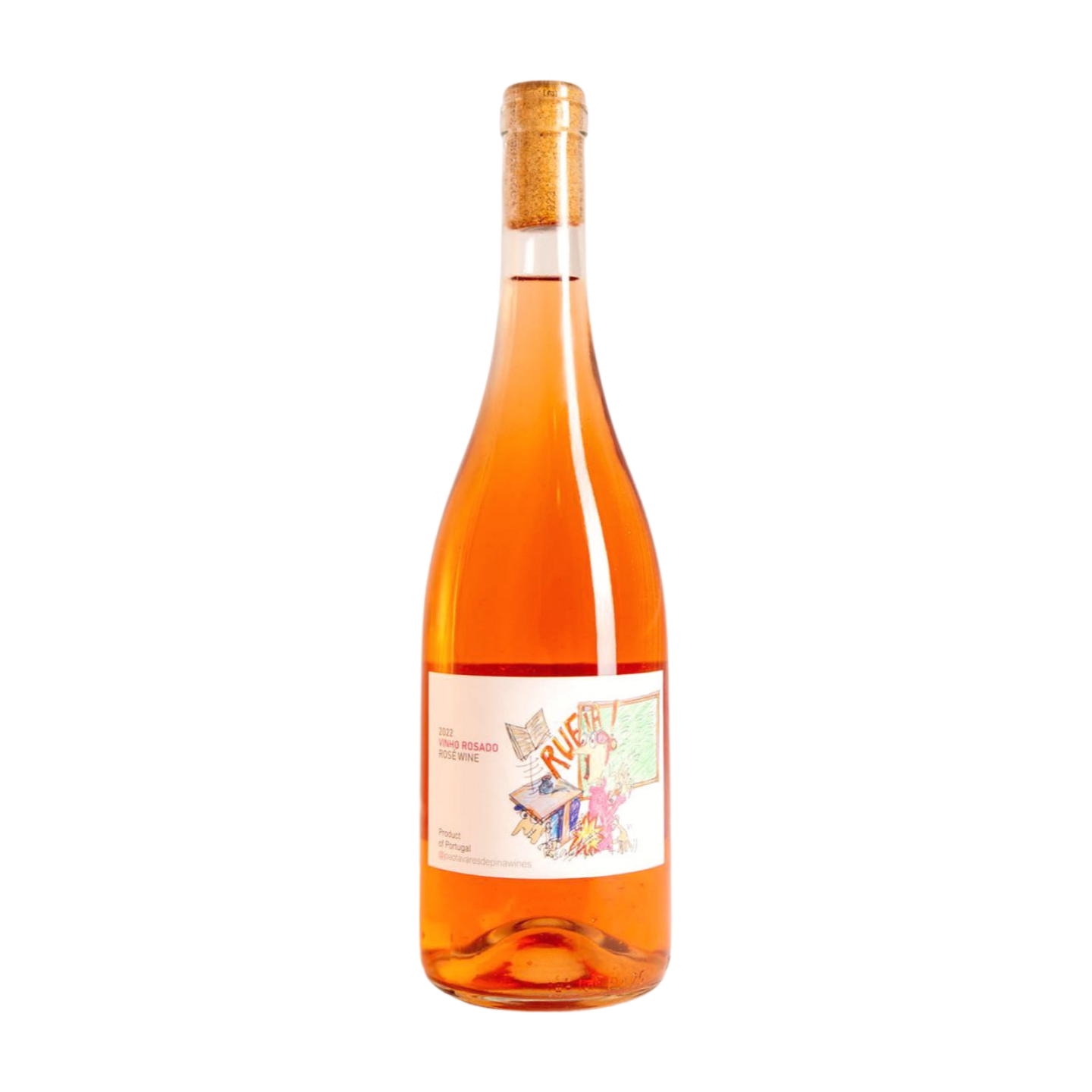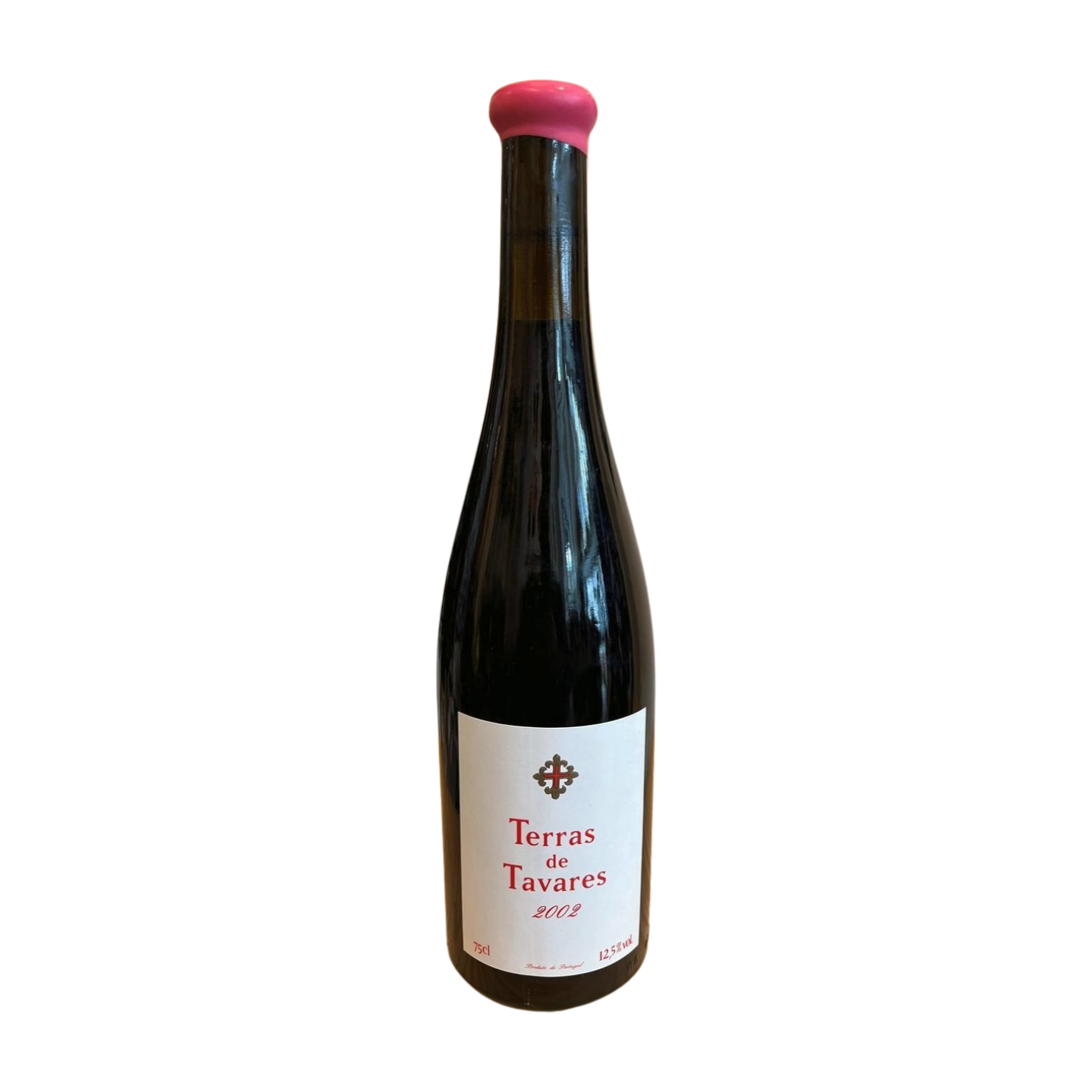João Tavares de Pina is a renowned winemaker hailing from Penalva do Castelo in the Dão region of Portugal. His journey in wine began with a solid educational foundation, studying both in Bordeaux, France, and Vila Real, Portugal. His diverse educational background gave him a unique perspective on winemaking, blending traditional Portuguese techniques with French influences.
After completing his formal education, Tavares de Pina continued to expand his knowledge through a research project. During this period, he made a significant discovery that would impact the wine industry: the QA23 yeast strain. This selected yeast has since become one of the most popular in winemaking, demonstrating Tavares de Pina's contribution to oenological advancements.
João Tavares de Pina's winemaking journey is closely tied to Quinta da Boavista, where he has worked as a winegrower and horse breeder since September 1990. This estate, located in the heart of the Dão region, has become the canvas for Tavares de Pina's viticultural artistry. The Dão region, known for its granite soils and unique microclimate, provides an ideal terroir for producing expressive and character-driven wines.
Tavares de Pina is not just a winemaker; he's described as a bon-vivant chef, a talented individual, and a charming conversationalist. His focus, however, remains on crafting pure expressions of the Dão terroir. This commitment to terroir-driven wines is evident in his approach to winemaking, which emphasizes minimal intervention and respect for the natural characteristics of the grapes and land.
The wines of João Tavares de Pina are marketed under several labels, with "Rufia" and "Terra de Tavares" being prominent among them. The Rufia line includes a variety of styles, from white and red to rosé and even a unique clarete or palhete style. These wines are known for their aromatic profiles and authentic representation of the Dão region's potential.
Rufia Branco, for example, blends traditional Portuguese white grape varieties, including Encruzado, Cerceal Branco, Malvasia, Bical, and Arinto. This wine showcases aromatic notes of apricot and peach, reflecting the terroir and Tavares de Pina's skillful winemaking.
The Terra de Tavares line represents a more premium offering, with vintages dating back to the early 2000s. These wines often showcase the aging potential of Dão wines and Tavares de Pina's ability to create long-lasting, complex wines.
João Tavares de Pina is also recognized for his commitment to natural winemaking practices. His family-run operation at Quinta da Boavista produces approximately 45,000 bottles annually, focusing on minimal intervention techniques that allow the true character of the grapes and terroir to shine through.
In conclusion, João Tavares de Pina is a significant figure in the Portuguese wine industry, particularly in the Dão region. His educational background, innovative discoveries, and commitment to terroir-driven, natural winemaking have positioned him as a respected producer of authentic and expressive Portuguese wines. Through his various wine labels, Tavares de Pina continues to showcase the potential of the Dão region and contribute to the rich tapestry of Portuguese winemaking.
